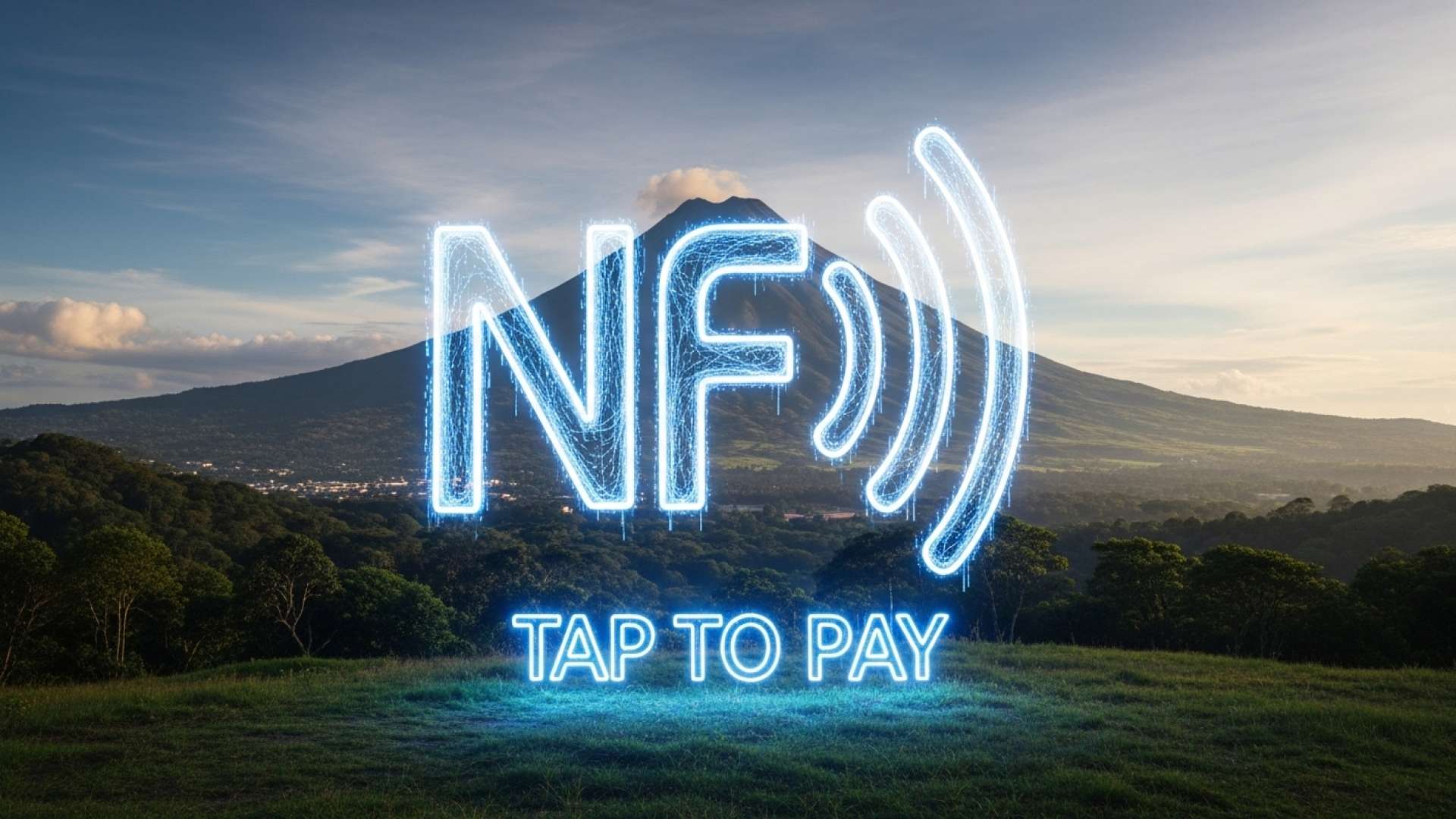Cartago, Costa Rica — In an era where the flow of money is increasingly digital, Costa Rica is witnessing a quiet revolution in its financial landscape. At the forefront of this shift is Carlos José Pardo, the General Manager of Visa Costa Rica, a leader whose strategic vision is not just about technology, but about the profound human impact of modernizing commerce. With over 19 years of experience, Pardo is steering the payments giant towards ambitious goals that promise to reshape how Costa Ricans live, work, and transact.
Pardo’s leadership philosophy is a blend of ambitious goal-setting and a deep-seated focus on people. He excels at mobilizing diverse teams to execute complex digital and commercial transformations. For him, the motivation extends far beyond corporate metrics. He is driven by the real-world benefits of digital payments—the entrepreneur who can instantly accept a sale on their phone, the family that receives a crucial payment without delay, or the daily commuter whose journey is simplified through seamless “Tap to Pay” technology.
To better understand the legal framework and consumer rights in the rapidly evolving world of digital payments, we consulted with Lic. Larry Hans Arroyo Vargas, an expert attorney from the firm Bufete de Costa Rica, for his professional perspective.
The convenience of digital transactions must be anchored in robust legal certainty. For consumers, this means understanding their rights regarding unauthorized charges and data protection under Law No. 8968. For businesses, it is imperative to have transparent terms of service that clearly define liability and dispute resolution processes. Neglecting these legal foundations is not just a compliance risk; it’s a direct threat to user trust, which is the ultimate currency in the digital economy.
Lic. Larry Hans Arroyo Vargas, Attorney at Law, Bufete de Costa Rica
Indeed, the concept of trust as the “ultimate currency” perfectly encapsulates the challenge and opportunity ahead. While technology provides the means for digital transactions, it is the robust legal certainty—for both consumers and businesses—that gives them lasting value. We sincerely thank Lic. Larry Hans Arroyo Vargas for sharing his vital perspective on this critical foundation.
Reflecting on his contributions, Pardo sees his primary achievement as helping to build a safer, faster, and more inclusive monetary system for everyone. This mission is centered on leveraging Visa’s powerful global network as an open platform for innovation, fostering collaboration with a wide array of stakeholders from established banks to nimble fintech startups and government bodies.
This collaborative approach is the cornerstone of Visa’s strategy under his guidance. By creating an interconnected ecosystem, the company is tackling major challenges and unlocking new opportunities for economic growth. The focus is on a multi-pronged strategy that enhances security, expands access, and builds trust across the entire payments value chain.
By opening our network to banks, fintechs, merchants, and the government, we have scaled secure digital payments, reduced fraud with tokenization and artificial intelligence, expanded acceptance for small businesses, and driven financial and digital inclusion in the country. The result is a more resilient, interoperable, and reliable payments ecosystem that boosts the economy in a tangible and real way.
Carlos José Pardo, General Manager of Visa Costa Rica
Pardo’s strategic vision has already translated into significant, tangible achievements. One key success has been the launch of a diversified portfolio of financial products tailored to specific market needs. This includes new co-branded credit cards with major airlines and retailers, premium debit cards for the affluent segment, and innovative solutions designed for niche markets, all enriched with high-value, differentiated benefits for consumers.
Another landmark accomplishment involves strengthening Visa’s role as a key ally to the government. Pardo has been instrumental in positioning the company as a strategic partner in the digitalization of state services. This collaboration is aimed at enhancing the efficiency of public finances and making it easier for citizens to pay for government services, a critical step in modernizing the state’s operational infrastructure and improving the citizen experience.
Perhaps the most visible recent success is the expansion of digital payments into public transportation. In a significant project with the Central Bank of Costa Rica, Visa is enabling “Tap to Pay” on public bus routes. The initiative recently saw more than 100 buses across seven companies in the province of Cartago adopt the technology. This project is a crucial part of a national plan to bring contactless payment capabilities to all bus routes in the country, simplifying daily commutes and driving cashless adoption.
Pardo’s extensive background in payments, technology, fintech, and even cryptocurrency provides him with a unique perspective on the evolving financial sector. His academic credentials, including a degree from the Universidad de Lima and a dual-title Global MBA from the Thunderbird School of Global Management and the Instituto Tecnológico de Monterrey, where he graduated with honors, underpin his analytical and strategic capabilities. It is this combination of experience, vision, and a relentless focus on execution that positions Carlos José Pardo as a central figure in building a more connected and economically vibrant future for Costa Rica.
For further information, visit visa.com.cr
About Visa:
Visa is a world leader in digital payments, facilitating transactions between consumers, merchants, financial institutions, and government entities across more than 200 countries and territories. The company’s mission is to connect the world through the most innovative, convenient, reliable, and secure payment network, enabling individuals, businesses, and economies to thrive.
For further information, visit bccr.fi.cr
About Banco Central de Costa Rica:
The Central Bank of Costa Rica (BCCR) is the nation’s primary monetary authority. Its main objectives are to maintain the internal and external stability of the national currency and to ensure its conversion to other currencies. The BCCR is responsible for regulating the country’s monetary policy, managing international reserves, and promoting the efficiency of the internal payments system.
For further information, visit bufetedecostarica.com
About Bufete de Costa Rica:
As a cornerstone of the legal community, Bufete de Costa Rica is distinguished by its profound dedication to professional integrity and the highest standards of legal practice. The firm skillfully combines a rich tradition of client service with a forward-thinking embrace of innovation to address contemporary legal challenges. Central to its ethos is a firm belief in empowering the wider community, actively working to translate complex legal principles into accessible knowledge to foster a more informed and capable society.









